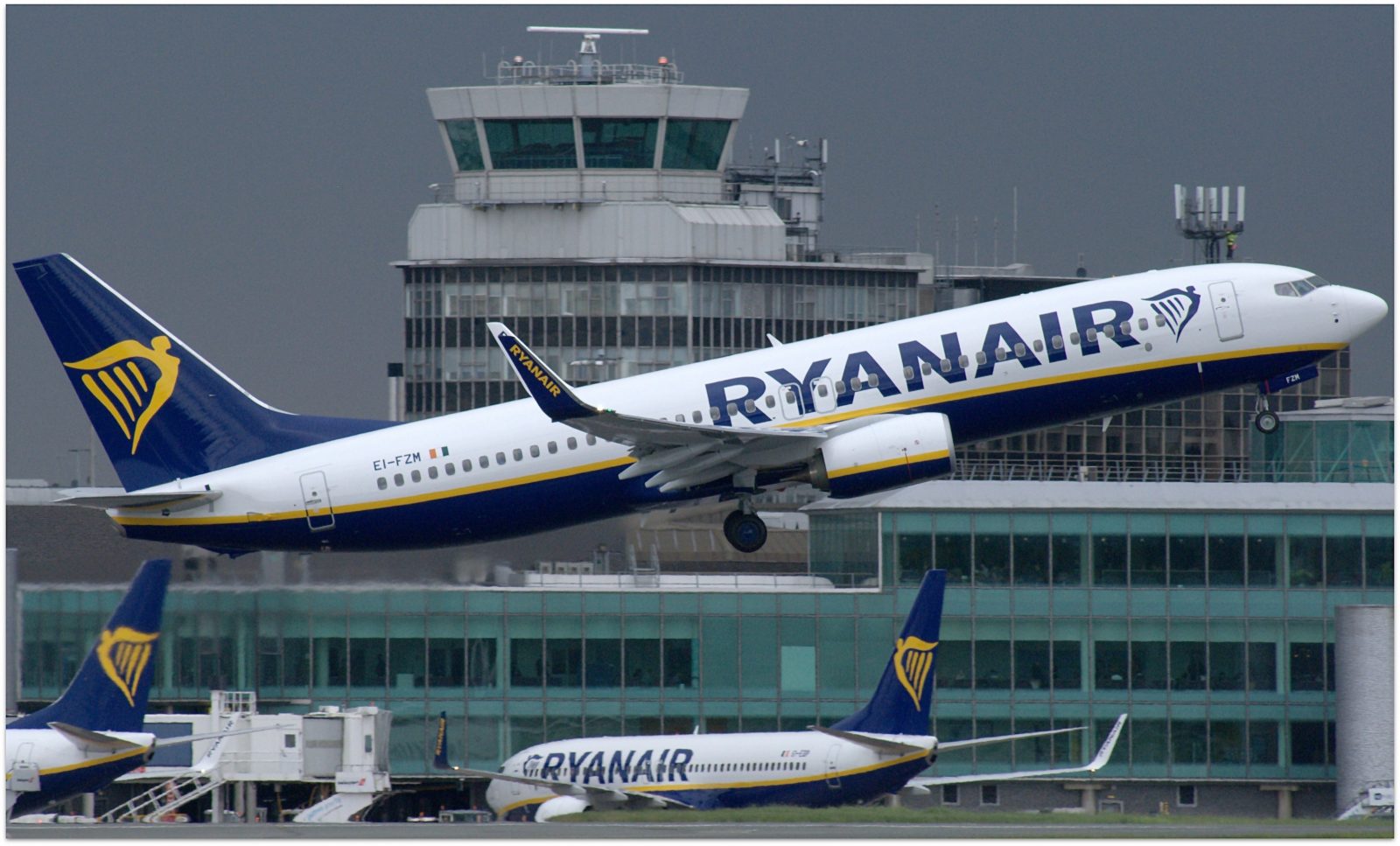
When Ryanair first announced, on 15th December, that it would finally recognise unions who represent its pilots, two questions immediately sprung to mind. First, was Ryanair being disingenuous? And second, what about all the other staff working for the airline, including its 7,000+ cabin crew?
As pressure mounted on Ryanair in the days following that surprise announcement, the airline put out yet another statement. This time saying it “is moving to recognise unions” – not just pilots unions (with whom meetings are already scheduled to start this week) but also cabin crew unions.
The only difference, however, is while Ryanair has been forced to quickly arrange meetings with pilot unions to avoid strike action over the busy Christmas period, arrangements for the recognition of cabin crew unions will simply follow “in due course.”
And now, Ryanair’s bombastic and often outspoken chief executive, Michael O’Leary has come out to say the airline really is serious about recognising unions for the first time in its 32 year history. In an interview with Reuters, the 56-year-old Irish businessman said: “This is not a ruse. This is serious,” claiming the idea was his own.
O’Leary has been surprisingly contrite of late, following a pilot scheduling blunder that saw thousands of flights cancelled. Not one to normally back down, O’Leary quickly apologised and has since moved to woo back passengers with even lower airfares than normal.

The announcement of union recognition has wiped nearly 10% off the value of Ryanair’s shares but the airline says the move will eventually be good for business. In the past, Ryanair’s use of non-unionised labour and broad adoption of Irish employment law has allowed it to keep staff costs down.
However, O’Leary says the move will allow the airline to expand into countries like France where 98% of the country’s residents have collective bargaining rights and Denmark where approximately 67% of residents are members of a union.
“Union recognition was always going to happen when we moved into France. We have just moved that forward,” O’Leary explained.
The airline has also admitted that staff costs will go up – by around an extra €100 million. Yet Ryanair says it is confident it will still meet its profit forecasts for 2017 – and that’s with the mass-cancellation debacle taken account of as well.
Mal sehen, ob die Hölle einfriert! – Ryanair will erstmals mit Gewerkschaften verhandeln https://t.co/Gki8FBRJbM via @faznet Solidarität macht stark! @_Verdi #Gewerkschaften
— Fani Zaneta (@FaniZaneta) December 18, 2017
So what now? Well, O’Leary was quick to send a warning to the unions, saying: “If you need to go on strike just to test our mettle, then go ahead,” – Hinting at the kind of collective sanction threats that got the airline into hot water in Italy.
A number of European cabin crew unions have reacted with quiet optimism although there’s still doubt whether Ryanair will really provide the recognition they are demanding. The German Verdi union retweeted a message from one of its political activists which said: “Let’s see if hell freezes.”
There was also cause for alarm from the Irish IMPACT union who said Ryanair had refused to provide written proof that it would offer its cabin crew collective bargaining rights. The union said Ryanair’s stance was “disappointing.”
In a statement, the union warned strike action could still follow, saying:
“A recognition agreement must be concluded by 12.00 (noon) on Thursday 21st December 2017. The union reiterated its position that its mandate for strike action can be implemented, after the required notice is given, in the absence of a timely agreement.”
In the meantime, unions throughout Europe are ramping up efforts to recruit as many Ryanair cabin crew as possible. The UFO union has sought to reassure prospective members who are afraid of repercussions that Ryanair will never find out they have joined a union.
To find a cabin crew union in your country, check out the European Cabin Crew Association website, which can be found here.
Mateusz Maszczynski honed his skills as an international flight attendant at the most prominent airline in the Middle East and has been flying ever since... most recently for a well known European airline. Matt is passionate about the aviation industry and has become an expert in passenger experience and human-centric stories. Always keeping an ear close to the ground, Matt's industry insights, analysis and news coverage is frequently relied upon by some of the biggest names in journalism.







